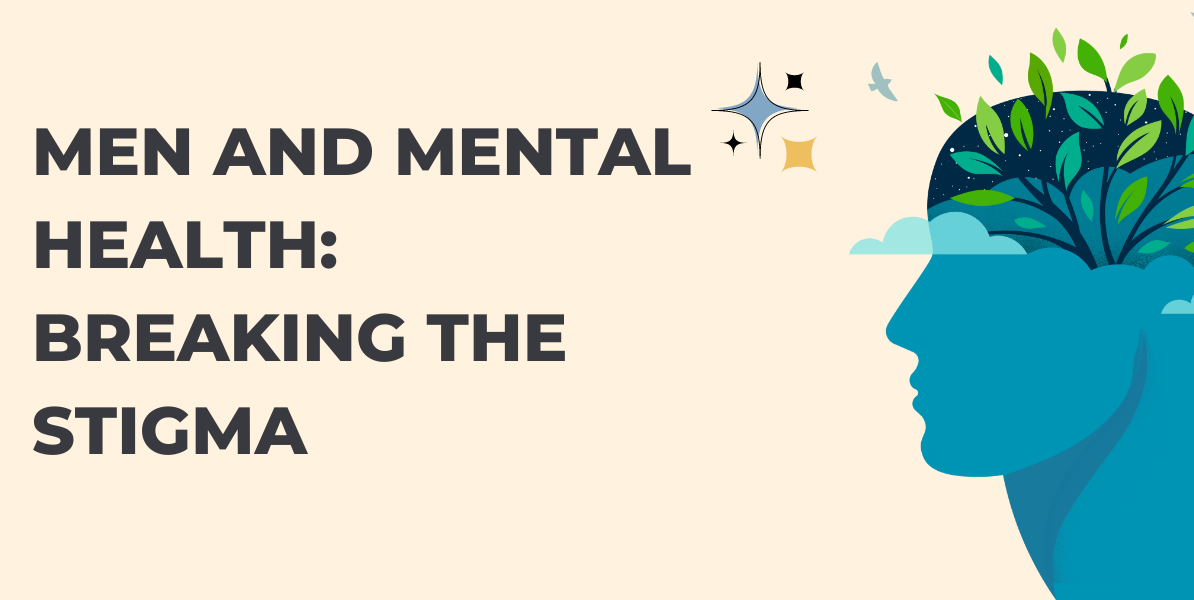
By Dr. Chandak, The Beautiful Mind Clinic, Pune
In our society, many practices started with good intentions but have become restrictive over time. Women have begun to break free from many of these restrictions, but men still face challenges, especially regarding emotions and mental health.
The Historical Context
Traditionally, men were expected to be protectors and providers, which clashed with the idea of showing fear, anxiety, or sadness. While women could express their emotions, men were often told to "man up" and suppress theirs. This societal expectation has been harmful and selfish, as it ignored men's emotional needs and forced them to find unhealthy coping mechanisms.
The Impact
Because of this, men are less likely to talk about their mental health, leading to severe outcomes. This reluctance can cause mental health issues and strained relationships.
What Can We Do About It?
While it's not easy, change is possible. Let's understand the barriers first:
- Societal Expectations: Boys are told not to "cry like a girl," creating an environment where showing vulnerability is seen as weakness.
- Fear of Judgment: Men fear being isolated or seen as different if they open up about their mental health.
- Lack of Emotional Vocabulary: Many men struggle to articulate their emotions, leading to frustration and silence.
- Past Experiences: Fear of re-experiencing emotional pain can be overwhelming.
- Self-Reliance: The belief that they should handle problems on their own discourages men from seeking help.
- Cultural Norms: Conservative cultures often do not provide a safe space for men to express their emotional needs.
Five Tips to Help Men Express Their Emotions
- Challenge Stereotypes: Encourage men to see vulnerability as strength.
- Create Safe Spaces: Establish environments where men can talk without fear of judgment.
- Develop Emotional Vocabulary: Help men find the words to express their feelings.
- Normalise Expression: Make discussing emotions a part of everyday conversation.
- Seek Professional Help: Encourage men to view therapy and counselling as acts of self-care and strength.
How Loved Ones Can Support Men's Mental Health
- Make an Observation: Notice and mention changes in behaviour.
- Share Your Experience: Break down stereotypes by sharing your own mental health journey.
- Walk and Talk: Make conversations about mental health feel natural and non-threatening.
- Acknowledge Difficult Situations: Be direct yet respectful when you know someone is struggling.
- Ask Twice: If brushed off, show that you genuinely care by asking again.
When to Get Professional Help
If you notice signs like substance abuse, increased risk-taking, loss of interest in hobbies, or changes in diet or routine, it might be time to seek professional help.
Where Men Can Get Professional Help
- Therapy and Counseling: Professional therapists can provide a safe space for men to explore and express their emotions.
- Medical Professionals: Consulting a doctor can help when emotional struggles are linked to physical health issues.
- Employee Assistance Programs (EAPs): Many workplaces offer access to counselling and mental health services.
Conclusion
It's crucial to support the mental health of the men in our lives by encouraging emotional expression, creating safe spaces, and promoting professional help. Everyone's emotional journey is unique, and expressing emotions is a fundamental aspect of being human. Let's celebrate this strength and help men lead healthier, happier lives.